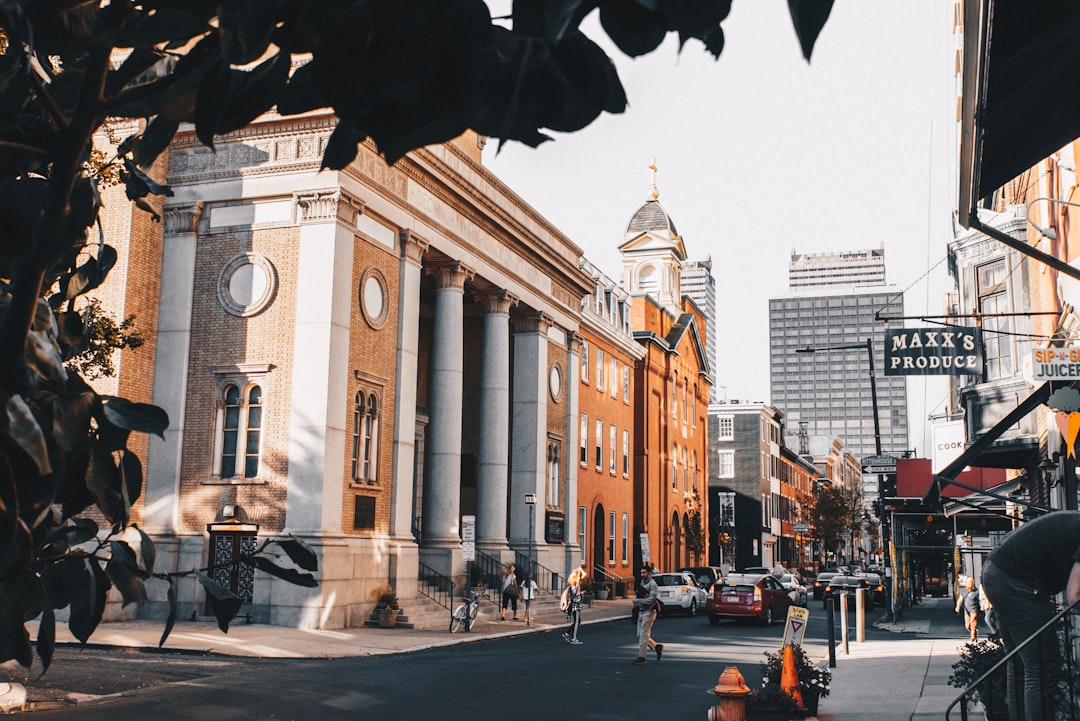In Philadelphia, strict Do Not Call laws protect residents from intrusive telemarketing and legal calls by restricting commercial calls to residences between 9 a.m. – 8 p.m., Monday through Friday. Law firms must adhere to these rules to respect client privacy, fostering consent-based communication strategies and promoting alternative marketing methods like email, online advertising, referrals, and community engagement for effective growth. Registering on Pennsylvania's official Do Not Call list prevents unwanted calls from any organization, including law firms, offering citizens enhanced privacy.
“In Philadelphia, like across the nation, Do Not Call (DNC) laws are designed to protect consumers from unwanted telemarketing calls. This article delves into the intricacies of these regulations, focusing on their impact on local law firms. We explore how these laws affect legal practices, emphasizing the rights and responsibilities of both businesses and individuals. Understanding Philadelphia’s DNC rules is essential for law firms aiming to navigate this regulatory landscape effectively while respecting consumer privacy.”
Understanding Do Not Call Laws: A Brief Overview

In the bustling legal landscape of Philadelphia, understanding the Do Not Call laws is crucial for both businesses and individuals. These regulations are designed to protect consumers from unwanted phone calls, specifically from telemarketers and law firms alike. The Do Not Call Law in Pennsylvania restricts commercial calls to residences during certain hours, typically between 9 a.m. and 8 p.m., Monday through Friday. This law gives residents the right to opt-out of receiving such calls by registering their phone numbers on the state’s official Do Not Call list.
For law firms operating in Philadelphia, adhering to these rules is essential for maintaining client respect and satisfaction. It means ensuring that legal marketing efforts respect consumers’ privacy and time. Many reputable law firms now prioritize consent-based communication strategies to reach prospective clients, avoiding unnecessary calls that could be perceived as intrusive or harassing. This approach not only aligns with the Do Not Call laws but also fosters healthier relationships between legal professionals and their community.
How Do Not Call Laws Affect Law Firms in Philadelphia

The Do Not Call Laws in Philadelphia are designed to protect residents from unwanted sales calls and marketing tactics, but they significantly impact law firms operating within the city. Law firms, like any other businesses, must adhere to these regulations to avoid penalties and maintain client trust. In Philadelphia, these laws restrict the ability of legal professionals to make outbound calls for marketing or solicitation purposes without prior consent from the recipient.
This means that Do not call law firms Philadelphia must adopt alternative strategies to connect with potential clients. Instead of relying on phone calls, they often turn to email marketing, targeted online advertising, and building strong networks through referrals and community engagement. By embracing these changes, law firms can ensure they remain compliant while still effectively reaching their target audiences and growing their practices.
Rights and Responsibilities: What You Need to Know

In Philadelphia, like in many places across the U.S., the Do Not Call laws are designed to protect residents from unsolicited phone calls, particularly from telemarketers and law firms. Understanding your rights under these regulations is essential for navigating this aspect of modern communication. If a consumer registers their number on the official Do Not Call list, it becomes illegal for any organization, including law firms in Philadelphia, to make outbound sales or marketing calls to that number.
This doesn’t mean you’ll never hear from legitimate businesses again. Businesses can still call if you have an existing relationship, like a previous purchase or service agreement. Moreover, non-commercial calls from organizations like charities, political campaigns, or surveyors are also exempt. However, any unsolicited call with the intent to sell or promote services should be expected less frequently, providing a much-needed respite from intrusive marketing efforts, especially for those who value their privacy and quiet hours.






